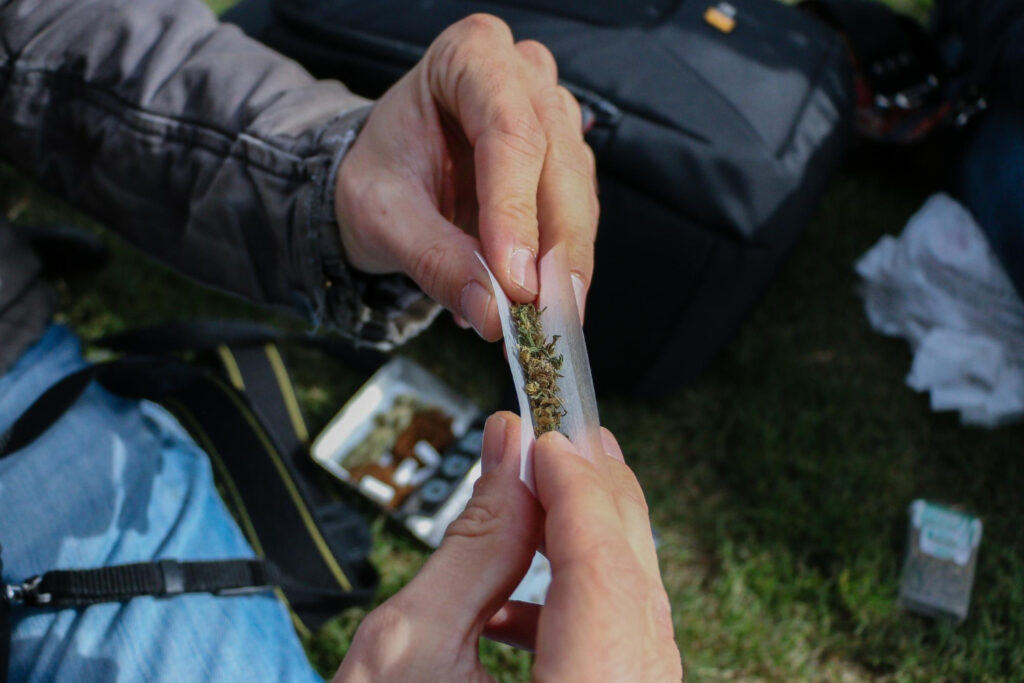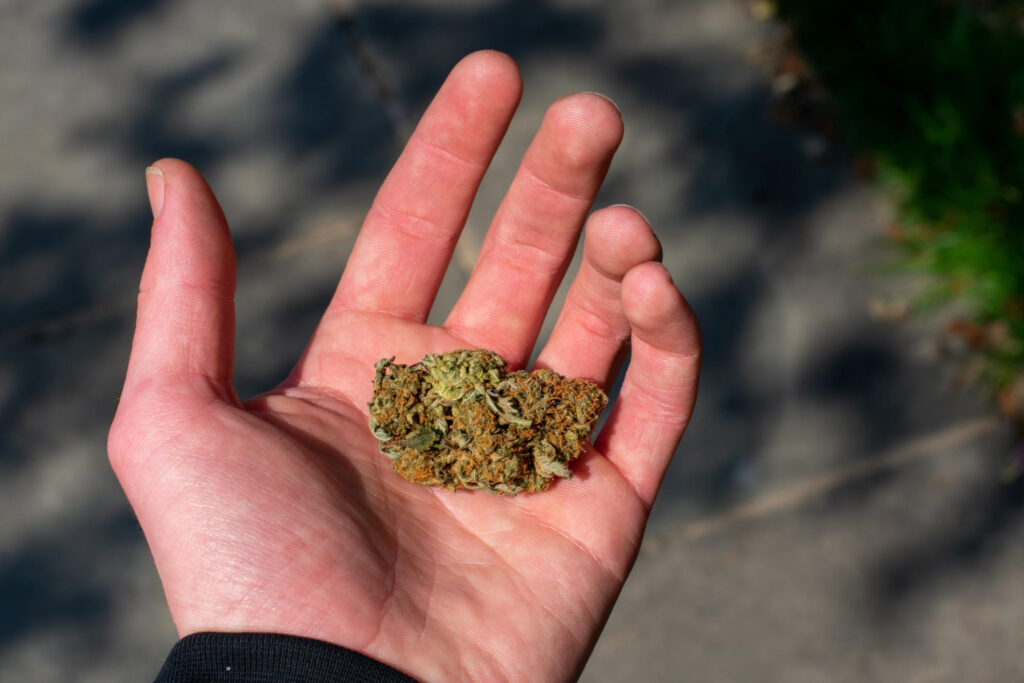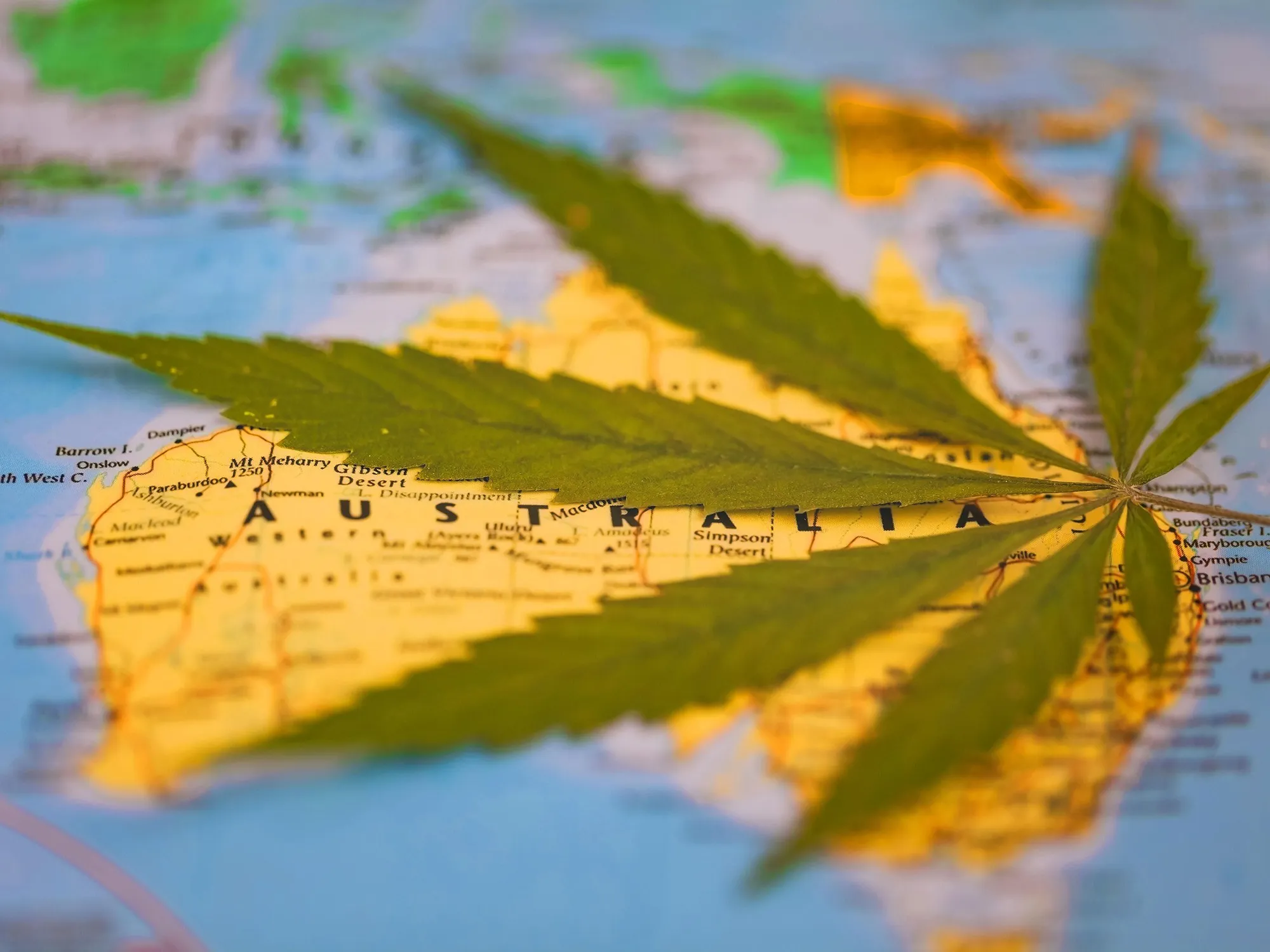In 2025, recreational cannabis laws in Australia remain a patchwork of state and territory regulations, with each jurisdiction setting its own possession limits, penalties, and exceptions. While medical cannabis is legally accessible nationwide through the Therapeutic Goods Administration (TGA) framework, recreational use is still largely prohibited at the federal level. However, certain states and territories have introduced partial decriminalization or legal possession allowances for personal use. Understanding the specific rules where you live—or where you travel—is essential, as penalties for exceeding possession limits can range from small fines to criminal charges. The legal landscape continues to evolve, with public opinion shifting toward broader legalization and some governments exploring reform. For now, knowing your local regulations is the safest way to avoid legal trouble while staying informed about future changes.
Australian Capital Territory (ACT) – Legal Possession

The ACT remains the only Australian jurisdiction with legal possession for recreational purposes. Adults aged 18 and over can legally possess up to 50 grams of dried cannabis or 150 grams of fresh cannabis. Home cultivation of up to two plants per person, with a maximum of four plants per household, is also permitted, provided they are grown for personal use and not sold. Cannabis must be stored securely, and public consumption is still prohibited. The ACT’s model does not create a commercial market—there are no licensed retail outlets, so cannabis must be sourced through personal cultivation or private sharing without payment. While federal law technically prohibits possession, ACT police apply the territory’s local laws unless other serious offences are involved.
States with Decriminalized Possession
Several Australian states have opted for decriminalization, meaning possession of small amounts for personal use results in civil penalties rather than criminal charges. In South Australia, adults found with up to 100 grams of dried cannabis may receive an on-the-spot fine instead of a court summons. The Northern Territory allows possession of up to 50 grams in a private home without criminal prosecution, though public possession remains illegal. These approaches aim to reduce the burden on the criminal justice system while maintaining restrictions on supply and trafficking. However, exceeding these amounts or possessing cannabis in aggravating circumstances—such as near schools or in public spaces—can lead to harsher penalties, including imprisonment.
States with Strict Prohibition
In most other states, including New South Wales, Queensland, Victoria, Tasmania, and Western Australia, recreational cannabis possession remains illegal and is treated more severely. While small amounts may sometimes result in diversion programs or cautions—especially for first-time offenders—repeat offences or possession above threshold quantities can lead to criminal charges. Penalties vary widely, from fines and mandatory drug counselling to potential jail time for larger amounts. These states have so far resisted calls for recreational legalization, instead focusing on expanding medical cannabis access and enforcing existing drug laws. The lack of uniformity between states means that possession that is legal in the ACT could lead to prosecution just across the border in New South Wales.
Staying Within the Law

Because recreational cannabis possession laws differ so greatly across Australia, it is important for residents and visitors to know the rules in their specific state or territory. Legal allowances in one jurisdiction do not protect you from prosecution in another, and transporting cannabis across state lines can carry additional legal risks. Public consumption, supply to minors, and driving under the influence remain criminal offences nationwide, regardless of possession limits. As discussions around nationwide reform continue, the ACT’s model is being closely watched as a potential blueprint for broader legalization. Until more states follow suit, the safest approach is to stay informed, store any legally possessed cannabis securely, and avoid activities that could place you in breach of the law.

Leave a Reply